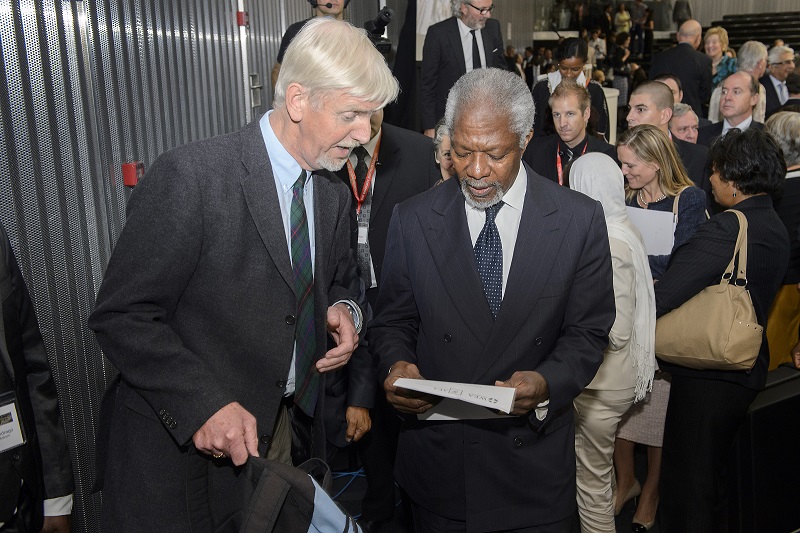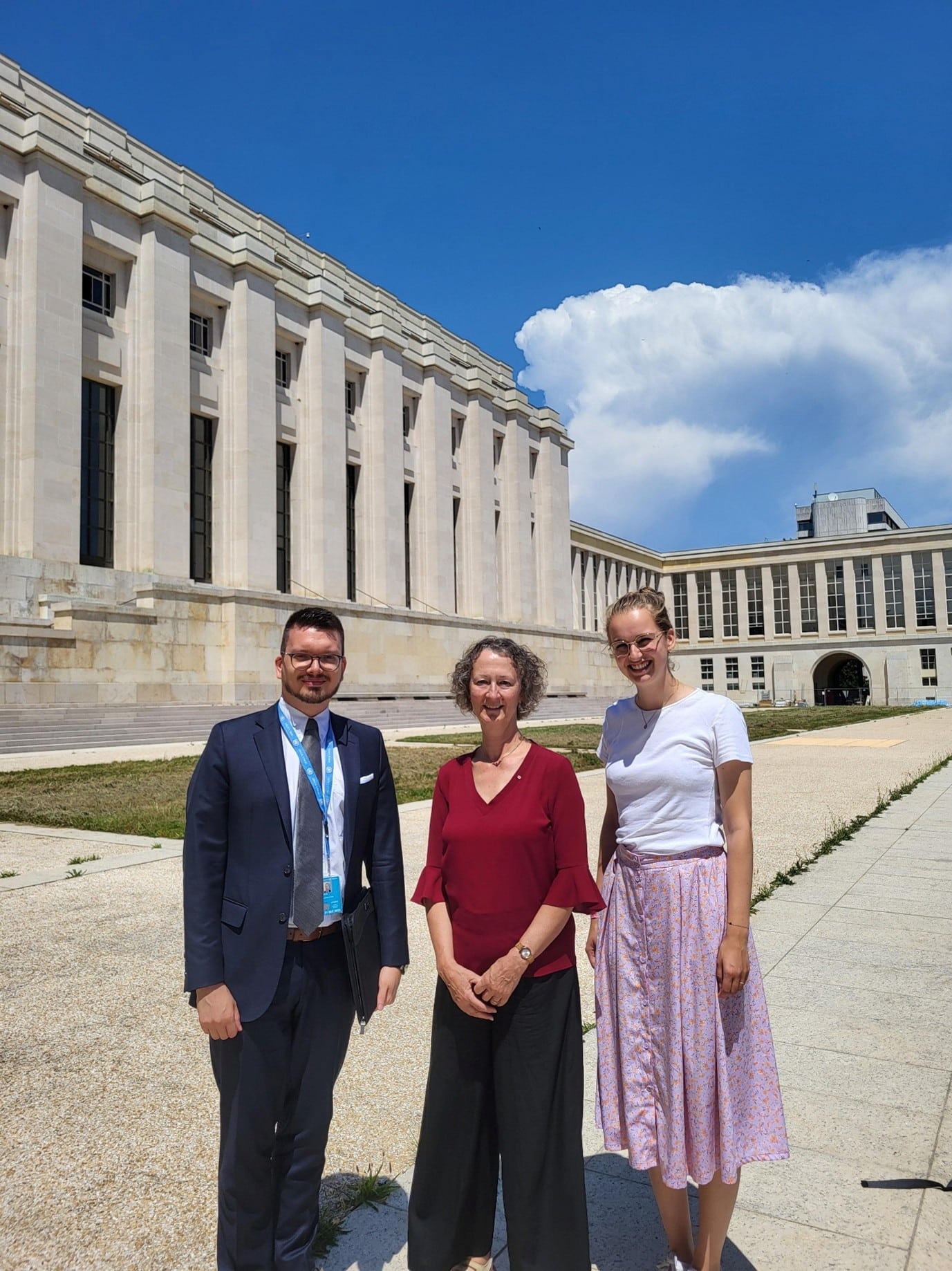Human Rights situations worldwide are increasingly coming into a new context. Under the influence of a world in which new power balances appear they have to be thought through again. Human Rights are an important subject for Christians. All true human rights are received from God.
There are cases where the situation is relatively straightforward. Looking at countries like Brazil where the rapidly increasing evangelical movement goes together with a free society. Other places are often far more complex, more especially in war torn countries where the future looks bleak.
In the United Nations (UN) the responsibility of all countries for human rights is discussed. This process can easily be nullified by governments who hide their mismanagement and misuse the process to polarize. But the UN has permitted non-governmental organizations to take part and release their own update of country situations. This is an important chance for churches to be a voice for the people at grass roots level. It is important also to participate in order to witness the peace that only God can provide.
WEA through its representation at the UN Human Rights Council in Geneva has decided to hand in a report on the Democratic Republic of Congo (DRC). The report is jointly submitted with the Association of Evangelicals in Africa (AEA).
DRC is a country in Africa with the size of Western Europe. It has been crippled by a war in which resources in its border regions play a dominant part. Despite being endowed with richer resources per inhabitant than most other countries on earth, large parts of the DRC population continue to live in dire poverty and violence.
One striking characteristic of the DRC is the lively Christian church. Religious people play an important part in daily life. This should give hope for the future. The hardships of today can be turned into peace and stability for people and families. There is no reason to expect that the hopes of the people will remain unfulfilled.
Albert Hengelaar, UN Advocacy Officer of the WEA in Geneva, said: “A major obstacle for the DRC is the failure of government. This is put forward in the WEA report through three subjects. First we documented the way in which according to leading reports the government mismanages natural resources for the benefit of few, the entourage of the government and its friends outside the country. There is no effort even to let the population benefit of these revenues, so they remain in dire need.”
“The second point is the failure on the part of the government to protect girls and women against sexual violence in the ongoing civil war in the mining area. There are extreme examples of rape on the part of both government and rebel forces.”

Albert Hengelaar, UN Advocacy Officer of the WEA in Geneva, Presents Report about the DRC to Kofi Annan, Former UN Secretary General and Chair of Africa Progress Panel, an Organization whose Information Contributed to the WEA's Report
“No country will ever function without a proper government that is responsive to its people. The government of the DRC is quick to point to other parties to blame their failure to protect the population but also easily rigs elections and fails to live up to promises to hold them. This went so far that the Catholic bishop conference organized protests around the country. The Catholic church adopted a “five year strategic plan” to pressure the government for better governance. In support of this we made the failures in elections and their human rights impact the third issue of our report.”
“It is important to witness at the UN on behalf of the churches in DRC and put these central issues on the table. The government will blame others for its failures or even deny them in the first place. It is our responsibility to be a voice about the real causes of disaster and instability to help the people of the DRC on their road to a responsive and responsible government that ensures basic human rights in their fertile and richly endowed country. People of faith will play an important part in the development of the nation and the WEA is contributing with a strong report and recommendations for human rights to be taken seriously,” Hengelaar concluded.
As part of its continuous engagement at the United Nations, the World Evangelical Alliance submits Universal Periodic Reviews (UPRs) which monitor the human rights record of all UN member states. Learn more
Download the WEA's UPR report on the Democratic Republic of Congo.





Stay Connected